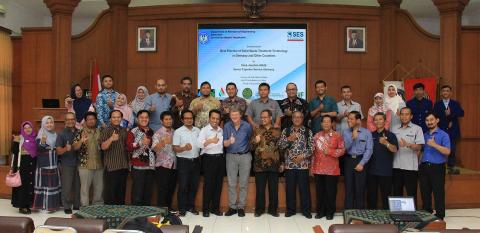
You are here
Guest Lecture Overview of Waste Management Technology in Germany
Collaborating with the Indonesian Biomass & Bio Energy Association (ABBEI), UGM Center for Agrotechnology Innovation, and the Indonesian Solid Waste Forum (ISWF), Department of Mechanical Engineering Education, last Tuesday (18/2) held a guest lecture entitled "Best Practice of Solid Waste Treatment Technology in Germany and Other Country ”which on that occasion brought in a waste management expert from Germany, Hans Joachim Alfeld. The event was held in the Hall Floor 3 KPLT FT UNY. The event hosted by Dr. Fredy Surahmanto S.T., M.Eng., As a moderator and translator, was attended by lecturers and doctoral students from Yogyakarta State University as well as from outside the campus.
The Senior Experten Service (SES) is Germany's leading voluntary organization for experts and executives, either retired or some part-time. Hans, as one of the representatives from SES Germany, has the competence and expertise in the field of waste management engineering and environmental protection who has carried out his research in various developed countries such as Germany.
Hans emphasized that a landfill or landfill is a place for hazardous substances to be collected, whether in the form of gas or liquid, so they must be eliminated from their circulation. in its execution, the two kinds of hazardous substances are processed separately and sealed very tightly. This system is called the macro encapsulation method, where the hazardous substances from the waste are wrapped in a large matrix structure.
“The encapsulation technique depends on the type of waste and the level of danger by using a double seal system. If the first seal fails, the second seal must be able to maintain the sealing function, "he continued.
Then the remaining solid waste is not left alone. According to him, in Germany, sorting waste begins with collection in one place at a sorting site automatically. In addition to the general sorting methods used, special sorting techniques should also be used. "Waste is processed before being used further through various different tools and techniques," he explained again.
At the end of the session, Hans explained briefly the system applied in Germany. According to him, people in Germany are obliged to deposit every household waste to the government, then they also have to pay for every amount of garbage that is deposited. It aims to make people in Germany more careful in their daily consumption of waste, especially plastic waste.
Pengisian Data
Contact Us

Copyright © 2024,

